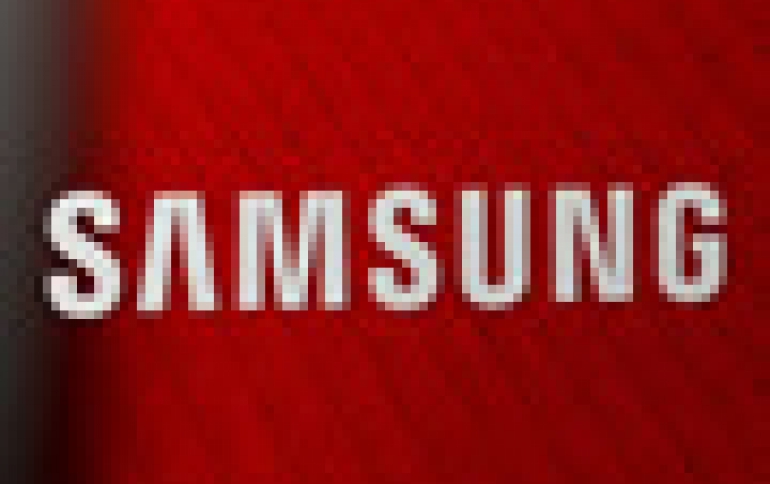
EU To Probe Samsung, German Court Blocks Its Tablet
The European Commission has opened a formal investigation to assess whether Samsung Electronics has used certain of its standard essential patent rights to distort competition in European mobile device markets, in breach of EU antitrust rules.
The opening of proceedings means that the EC will examine the case as a matter of priority. It does not prejudge the outcome of the investigation.
In 2011, Samsung sought injunctive relief in various European courts against competing mobile device makers based on alleged infringements of certain of its patent rights which it has declared essential to implement European mobile telephony standards. The EC will investigate, in particular, whether in doing so Samsung has failed to honour its irrevocable commitment given in 1998 to the European Telecommunications Standards Institute (ETSI) to license any standard essential patents relating to European mobile telephony standards "on fair, reasonable and non-discriminatory (FRAND) terms."
In line with the Commission's Guidelines on standardisation agreements, standard setting organisations, including ETSI, require the owners of patents that are essential for the implementation of a standard to commit to license these patents on FRAND terms. Such commitments were given to ETSI by many patent holders, including Samsung, when the third generation ("3G") mobile and wireless telecommunications system standards were adopted in Europe.
Samsung also took another hit in its battle against Apple on Tuesday, when Germany blocked sales of some of its tablets. An appeals court ruled in favor of Apple saying Samsung could not sell its Galaxy Tab 10.1 nor the Galaxy Tab 8.9 in the country because they too closely resembled the iPad 2, in violation of unfair competition laws. However, the court said Samsung's successor tablet, the Galaxy Tab 10.1 N, was not affected by the ruling.
The probe and victory in the German court for Apple come after the California company has met with several setbacks recently in its fight with Samsung.
Most recently, a Dutch court ruled Jan. 24 that Samsung's Galaxy Tab tablet was not a copy of Apple's iPad, and that it could continue to be sold in the Netherlands. That came on the heels of a December decision in Australia, where the High Court dismissed Apple's appeal and said Samsung was free to sell its Galaxy tablet computers in Australia.
In 2011, Samsung sought injunctive relief in various European courts against competing mobile device makers based on alleged infringements of certain of its patent rights which it has declared essential to implement European mobile telephony standards. The EC will investigate, in particular, whether in doing so Samsung has failed to honour its irrevocable commitment given in 1998 to the European Telecommunications Standards Institute (ETSI) to license any standard essential patents relating to European mobile telephony standards "on fair, reasonable and non-discriminatory (FRAND) terms."
In line with the Commission's Guidelines on standardisation agreements, standard setting organisations, including ETSI, require the owners of patents that are essential for the implementation of a standard to commit to license these patents on FRAND terms. Such commitments were given to ETSI by many patent holders, including Samsung, when the third generation ("3G") mobile and wireless telecommunications system standards were adopted in Europe.
Samsung also took another hit in its battle against Apple on Tuesday, when Germany blocked sales of some of its tablets. An appeals court ruled in favor of Apple saying Samsung could not sell its Galaxy Tab 10.1 nor the Galaxy Tab 8.9 in the country because they too closely resembled the iPad 2, in violation of unfair competition laws. However, the court said Samsung's successor tablet, the Galaxy Tab 10.1 N, was not affected by the ruling.
The probe and victory in the German court for Apple come after the California company has met with several setbacks recently in its fight with Samsung.
Most recently, a Dutch court ruled Jan. 24 that Samsung's Galaxy Tab tablet was not a copy of Apple's iPad, and that it could continue to be sold in the Netherlands. That came on the heels of a December decision in Australia, where the High Court dismissed Apple's appeal and said Samsung was free to sell its Galaxy tablet computers in Australia.





















